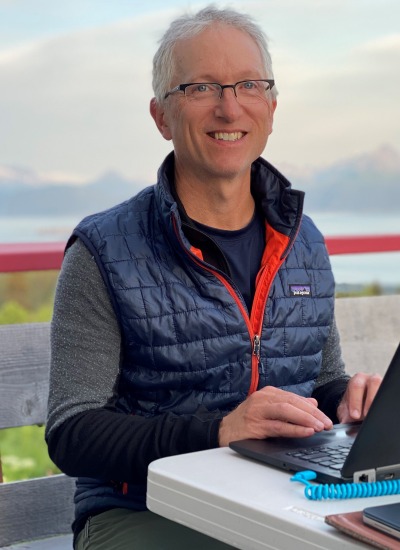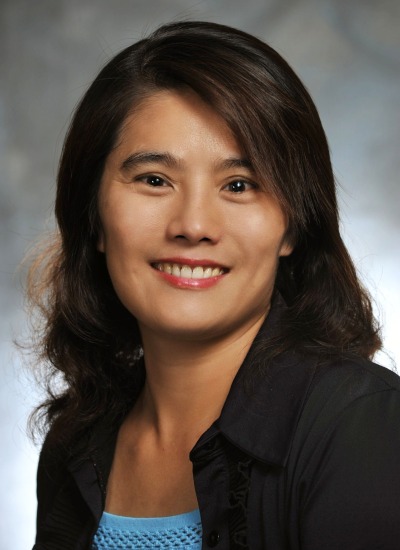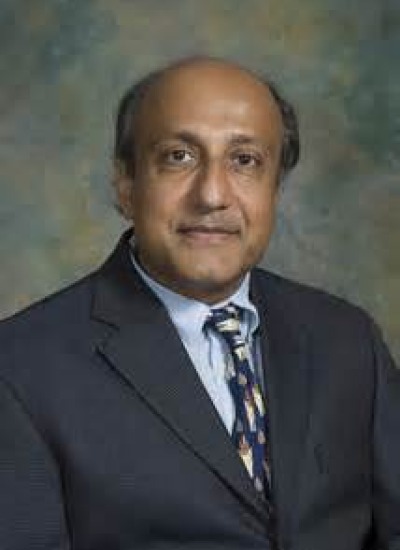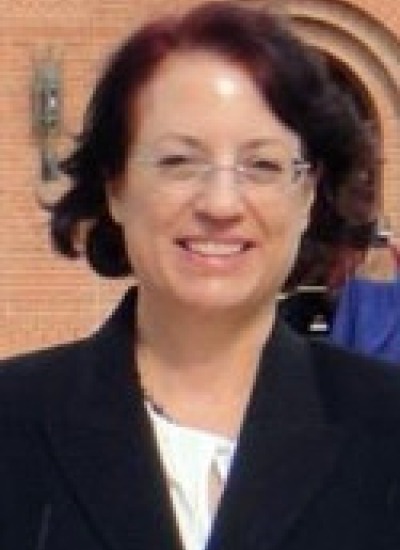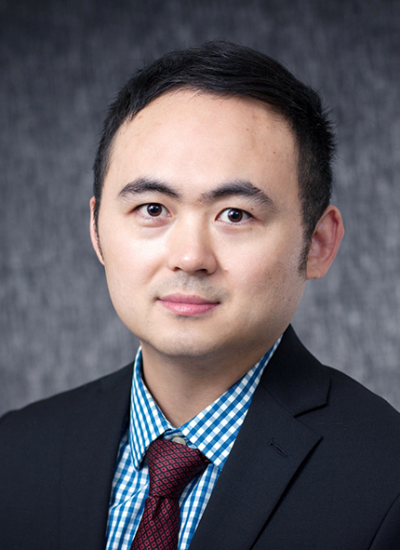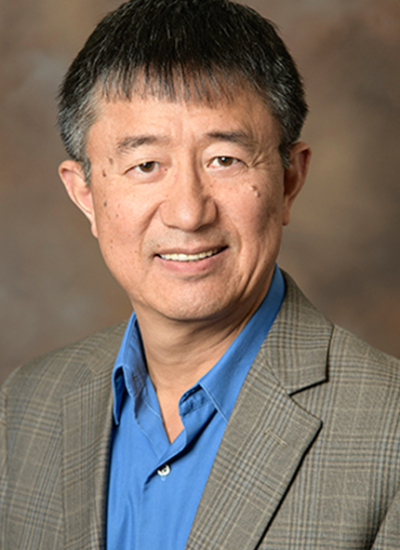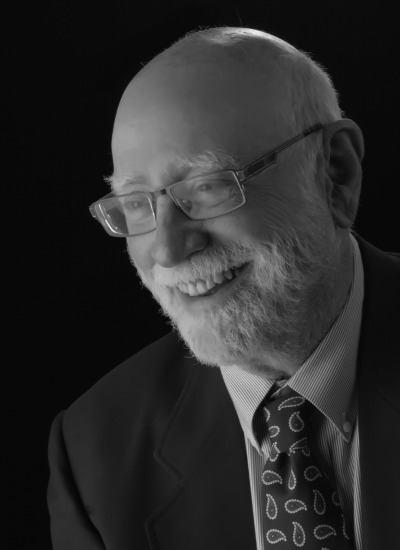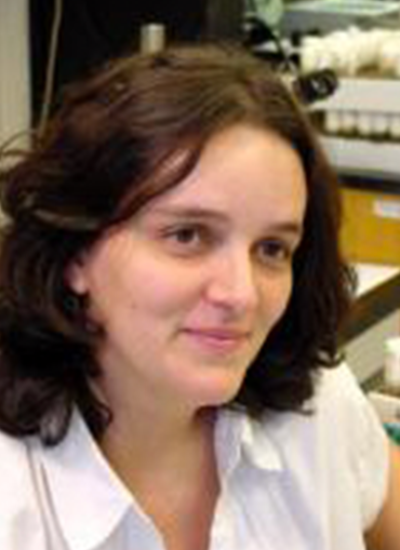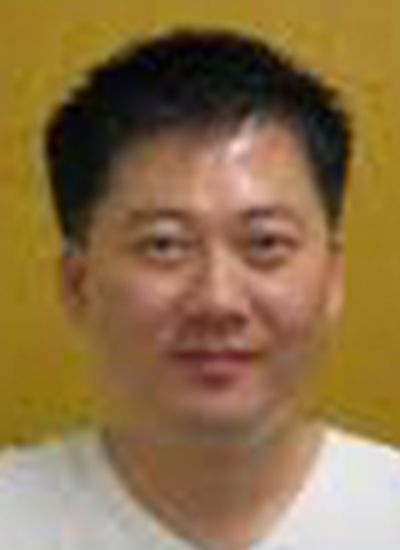Much of my research work has been focused on improving community health and addressing health inequity, in global and US contexts by technology mediated tools including mHealth on smart phones. In 2009 I was the recipient of a global award from Microsoft Research to develop and test media-rich smartphone systems to improve the performance of community health workers in Colombia that resulted in statistically significant improvements in errors and protocol adherence. More recent work has included research in the use of such tools to increase health literacy, self-efficacy and self-management, among veterans with Congestive Heart Failure in the Pittsburgh area, and Diabetics (Type II) in rural Louisiana. A related area of research concerns health behavior change. Here, my work is in the vibrant emerging discipline of Persuasive Technology that is concerned with designing technologies, especially information and communications technologies, for health promotion and development of behavioral interventions. As smart and connected health systems continue to play an increasing part in everyone’s lives, especially younger people, such research will grow in importance. In addition, I am especially qualified in the important area of healthcare analytics, including biostatistics and data science, due to a unique combination of training, experience, and scientific interests. My education is interdisciplinary and includes Computer Science (PhD), Statistics (MS), Electrical Engineering (MSc), and 8+ years of experience as statistical consultant in the College of Medicine, The Ohio State University.


